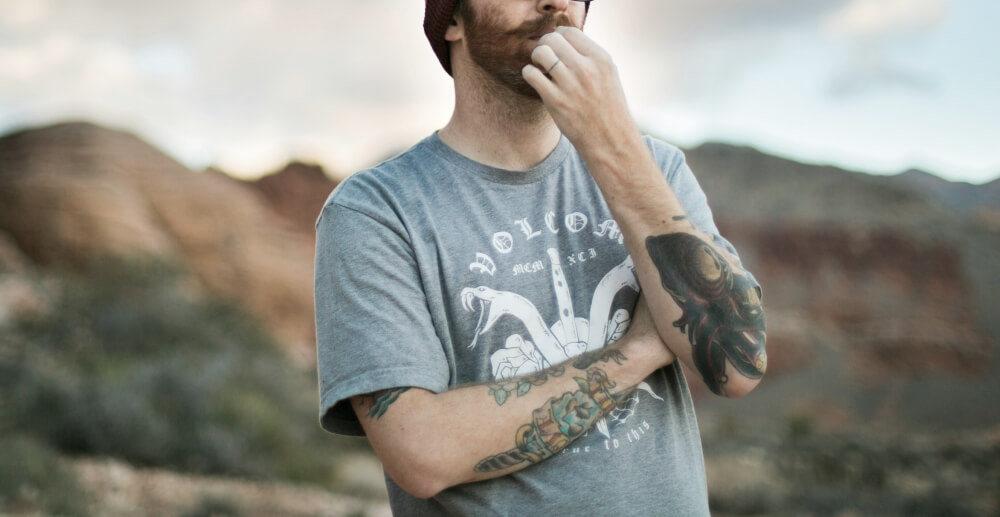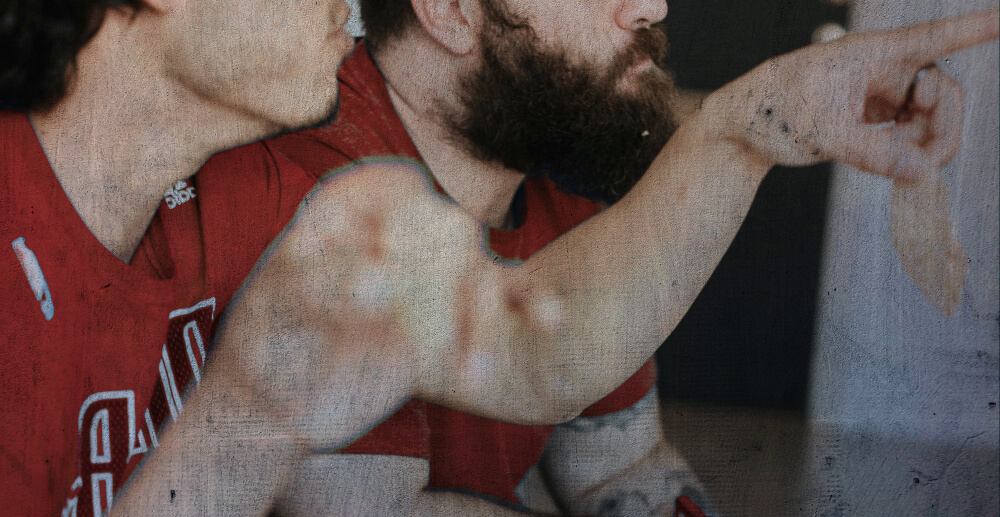At this moment, my life is what you could politely call a shambles.
Shambles, let’s go with that. A sh!tshow, a disaster, a hot mess would all work too but shambles sounds like such a classy way to say falling apart.
The thing is I am going through a divorce, I am grieving the loss of a friend, I am barely hanging on emotionally every single day. I spend a lot of time crying in public, crying private and crying in general. My house and state of affairs are as messy as the life the life that currently inhabits them. There are people I need to call back and tasks I desperately need to handle. It all feels too heavy, too overwhelming and too much. When I got sober in 2009, I honestly thought things would be all come together, like the third act of Cinderella. I thought life and myself would be perfect. Clearly, I thought wrong.
“My daily life was so disaster filled with chaos at every turn that I knew that sobriety had to offer an alternative that was less traumatic.”
I don’t know where this idea comes from, that everything will be all better once we get sober, but it’s an idea that needs to go away. I guess this sober perfection springs up when we think about how hard our day-to-day lives were when we were drinking and using. Personally, everything was an effort. Just getting out the door and not worrying about being evicted from my apartment or fired from my job was enough. My daily life was so disaster filled with chaos at every turn that I knew that sobriety had to offer an alternative that was less traumatic. “If I just stop drinking and using drugs, life will get easier,” I thought. I equated sobriety with gift baskets filled with perfect jobs, perfect boyfriends, perfect apartments and perfect friends. I mean anything would be better than the life I had before, right? In general, it was better. Just waking up knowing where my keys were and how I got home was a miracle. Likewise mornings without a hangover or bone crushing regret felt like the kind of mornings they have in old school Hollywood musicals. Plus, now I could actually show up and be present for things and actually participate in my life. People even liked me and wanted to be around me. But perfect? God no.
See, what I didn’t count on was all of the wreckage I had to clean up from decades of drugs and alcohol use. I also didn’t realize that all of those pesky emotions I had been avoiding for so long would show up and multiply, like Gremlins who had been doused with water. My health, my teeth, my relationships were all things that also needed tending to. But more than that, my life didn’t just come all together and I didn’t get everything I ever wanted just because I stopped using drugs and drinking. This is a highly disappointing revelation for a fantasy junkie and instant gratification addict like myself. The reality was that life was still super messy and now I was hyper aware of all of its messiness. There wasn’t the buffer of mass amounts of cocaine and tequila to numb out the pain of daily existence. Now when I felt pain or felt uncomfortable, I could feel all of it and for sometimes for days at a time. What a joy!
I failed to realize in early sobriety that each time my life was difficult and a million miles from perfect but I stayed sober anyway the actual magic was happening. See, the way I drank and used drugs I sought total and complete oblivion. I liked not feeling anything. Therefore by somehow navigating a life without drugs and alcohol, despite how hard and messy it looked, was way better than any form of perfection I could come up with. Also, I would venture to say a lifelong desire to look like everything is perfect or at the bare minimum that everything was okay made me stay in my addiction even longer. As a master of disguise and low-grade espionage (aka lying), I could make it all look okay from the outside. The last six years of my drinking and using, I laid on a thick act that I was just fine and my life was really fantastic. Mere days before I got sober, I was still telling anybody who would listen how great my holidays were and how amazing I was. Tales of perfect Christmas dinners and festive shopping trips were shared with family members. The reality however is that I was drinking and using 7 days a week and couldn’t stop. My relationships were garbage, my health declining and I couldn’t stop getting evicted from my apartments. God forbid people know I was dying on the inside and in mass amounts of pain. It felt easier to just lie and say everything was fine and keep moving. Thankfully, it all came crashing down in January 2009 and I had to admit that I was struggling with drugs and alcohol and my life was not perfect. Like at all.
“I failed to realize in early sobriety that each time my life was difficult and a million miles from perfect but I stayed sober anyway the actual magic was happening.”
These days, when I look around at a currently messy existence I have to focus on the current moment. Is it perfect? Hell no. Did I ever think that at over a decade sober I would be feeling the most emotional pain I’ve ever felt? Also no. But am I sober? Yes. Am I employed, loved and always taken care of? Yes, yes and yes. What being in recovery has allowed me is the ability to give myself a break. I get to not be okay. I no longer have to say “I’m Fine” when I am not fine. I get to embrace all parts of my life. Sometimes my condo looks like something from Architectural Digest, other times it looks like the before photo from a home makeover show.
I am a work in progress and as long as I stay sober, I get closer to loving all parts of myself. Even the imperfect ones.









